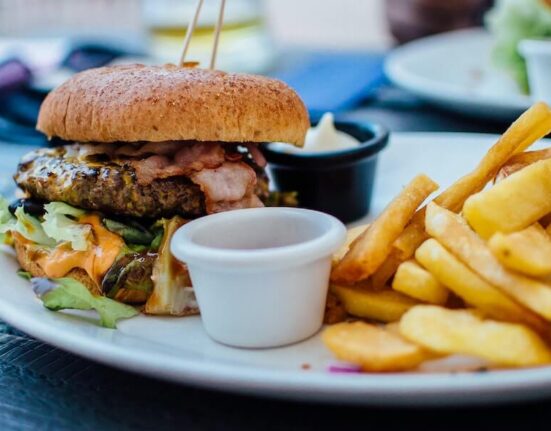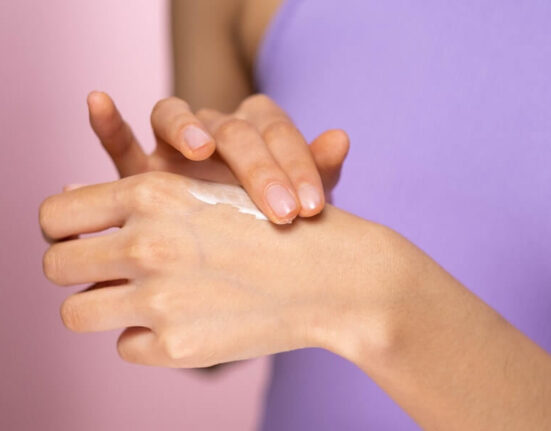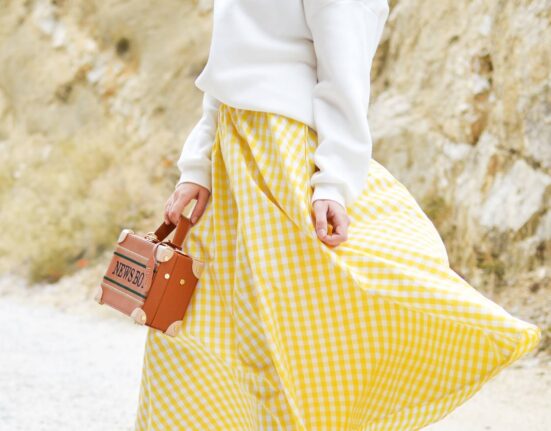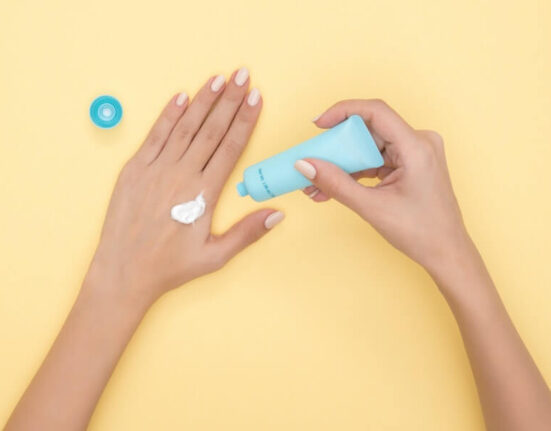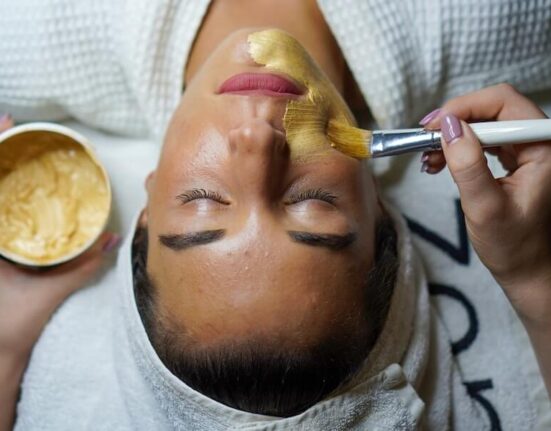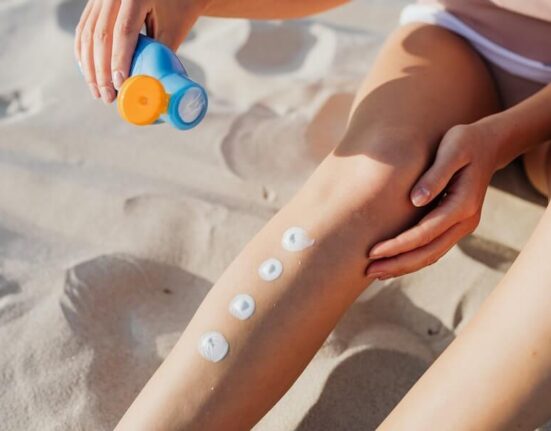Introduction
The monsoon season brings relief from the scorching heat in Chennai but also comes with its set of challenges for Monsoon Skincare. The increased humidity and dampness during this time can wreak havoc on your skin, leading to various issues such as acne, fungal infections, and dullness. To keep your skin healthy and radiant throughout the rainy season, follow this comprehensive Monsoon Skincare Survival Guide.
Table of Contents
Understanding Monsoon’s Impact on Skin
Monsoon weather tends to increase humidity levels, leading to excess sebum production in the skin. For those with oily skin, this can result in acne breakouts. On the other hand, individuals with dry skin may experience dullness and flakiness due to the lack of moisture in the air. Understanding your skin type is crucial to address these issues effectively.
Cleansing is Key
Choose a Gentle Cleanser
During the monsoon, it’s essential to use a mild, soap-free cleanser that effectively removes dirt and impurities without stripping away the natural oils from your skin. Opt for a cleanser containing ingredients like tea tree oil or neem to combat bacterial growth and prevent breakouts.
Double Cleanse for Oily Skin
If you have oily skin, consider adopting the double cleansing method. Start with an oil-based cleanser to remove makeup and excess oil, followed by a water-based cleanser to deep cleanse your pores thoroughly.
Exfoliate Wisely
Exfoliation helps remove dead skin cells, but excessive scrubbing can lead to irritation and dryness. Limit exfoliation to twice a week and choose a gentle exfoliant with round beads to avoid microtears in the skin.
Hydrate and Nourish
Use Lightweight Moisturizers
Swap heavy creams for lightweight, water-based moisturizers during the monsoon. These will provide sufficient hydration without feeling greasy on your skin.
Don’t Forget Sunscreen
Just because the weather is cloudy doesn’t mean you can skip sunscreen. UV rays can still penetrate through the clouds and harm your skin. Opt for a broad-spectrum sunscreen with at least SPF 30 and reapply every few hours if you’re stepping out.
Embrace Hyaluronic Acid
Hyaluronic acid is a skincare superhero during the monsoon and its best Monsoon Skincare. It’s a humectant that attracts and retains moisture, keeping your skin plump and hydrated.
DIY Face Masks
Pamper your skin with homemade face masks made from natural ingredients like yogurt, honey, and aloe vera. These masks can soothe and nourish your skin, adding a healthy glow.
Combatting Monsoon-Specific Issues
Tackling Acne Breakouts
To combat acne during the monsoon, use products containing salicylic acid or benzoyl peroxide. These ingredients help unclog pores and reduce inflammation.
Dealing with Fungal Infections
The humid weather can lead to fungal infections, especially in areas with skin folds. Keep these areas clean and dry, and use antifungal powders or creams as a preventive measure.
Addressing Excessive Sweating
Excessive sweating can lead to skin irritation. Opt for breathable fabrics and keep handy wipes or tissues to dab away sweat throughout the day.
Managing Oily Scalp and Dandruff
If you struggle with an oily scalp and dandruff, use an anti-dandruff shampoo and avoid applying oil directly to the scalp. Regularly wash and dry your hair to prevent fungal growth.
Makeup Tips for the Monsoon
Go Light and Waterproof
Opt for a minimalistic makeup look during the monsoon. Use a lightweight Monsoon Skincare, oil-free foundation or BB cream, and choose waterproof mascara and eyeliner to avoid smudging.
Avoid Heavy Foundations
Avoid heavy, full-coverage foundations as they can clog pores and lead to breakouts. Let your skin breathe by embracing a natural look.
Play with Colors
Brighten up your look with vibrant, waterproof eyeshadows and lipsticks that complement the rainy weather.
Hair Care in the Rain
Keep Your Hair Dry
Rainwater can be harsh on your hair, leading to frizz and damage. Carry an umbrella or wear a hat to protect your hair from getting wet.
Choose the Right Shampoo
Use a mild, sulfate-free shampoo that cleanses your hair without stripping away its natural oils. Look for ingredients like aloe vera or tea tree oil for added nourishment.
Oil Massage for Nourishment
Give your hair some extra care by massaging it with warm coconut or olive oil before shampooing. This will help keep your hair nourished and prevent dryness.
Diet and Hydration
Drink Plenty of Water
Staying hydrated is essential for healthy skin and hair. Drink at least 8-10 glasses of water daily to flush out toxins and maintain skin’s elasticity.
Consume Antioxidant-Rich Foods
Include fresh fruits and vegetables in your diet, rich in antioxidants like vitamin C and E, which help fight free radicals and keep your skin healthy.
Limit Caffeine and Alcohol
Both caffeine and alcohol can dehydrate your body, leading to dry skin and hair. Limit their consumption, especially during the Monsoon.
General Tips for Monsoon Skincare
Cleanse After Getting Wet
If you get caught in the rain, make sure to cleanse your face and body once you’re indoors to remove any pollutants or impurities.
Stay Hygienic
Keep your hands and nails clean to prevent bacterial infections, especially if you have a habit of touching your face often.
Change Wet Clothes Promptly
Damp clothes can lead to skin irritation and fungal infections. Change into dry clothes as soon as possible after getting wet.
Conclusion
With the right skincare routine and some extra care, you can sail through the monsoon season with glowing skin and healthy hair. Embrace the changes in the weather and adjust your Monsoon Skincare accordingly. Remember to cleanse, hydrate, and nourish your skin and hair to combat any monsoon-related issues. Enjoy the rains without worrying about skincare woes!
FAQs
1. Can I skip sunscreen during the monsoon?
No, sunscreen is essential even during cloudy days as UV rays can still harm your skin. Choose a broad-spectrum sunscreen with SPF 30 or higher.
2. How often should I exfoliate during the monsoon?
Limit exfoliation to twice a week to avoid over-scrubbing and irritating your skin.
3. What can I do to prevent dandruff during the monsoon?
Use an anti-dandruff shampoo and avoid applying oil directly to your scalp. Regularly wash and dry your hair to prevent fungal growth.
4. Are homemade face masks effective for skincare during the monsoon?
Yes, homemade face masks made from natural ingredients can soothe and nourish your skin, adding a healthy glow.
5. How can I combat excessive sweating during the monsoon?
Opt for breathable fabrics and keep handy wipes or tissues to dab away sweat throughout the day.

